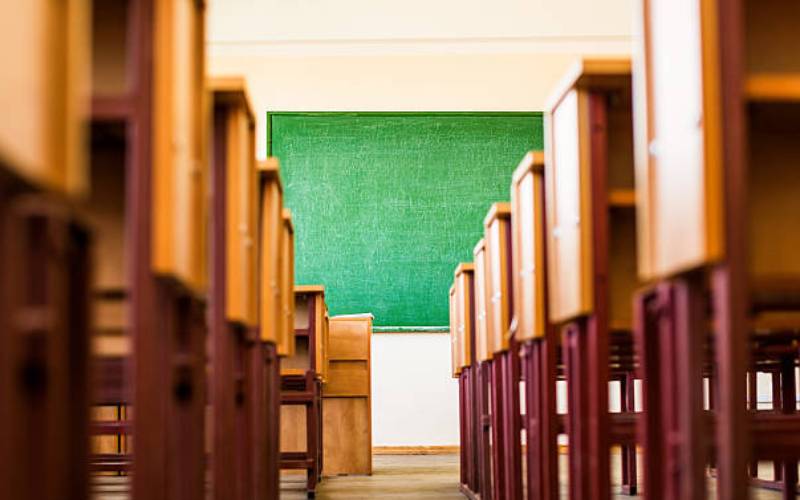
The debate about the true value of private schooling in Kenya is likely to intensify as new evidence suggests that academic gains associated with private primary schools are overstated.
According to a University of Cambridge-led study, Do Private Schools Improve Learning Outcomes? Evidence from Within-Household Comparisons in East Africa and South Asia, that was published in November last year, after controlling for family background, there was no positive effect of private schooling in Kenya and Uganda and in other countries that were studied.